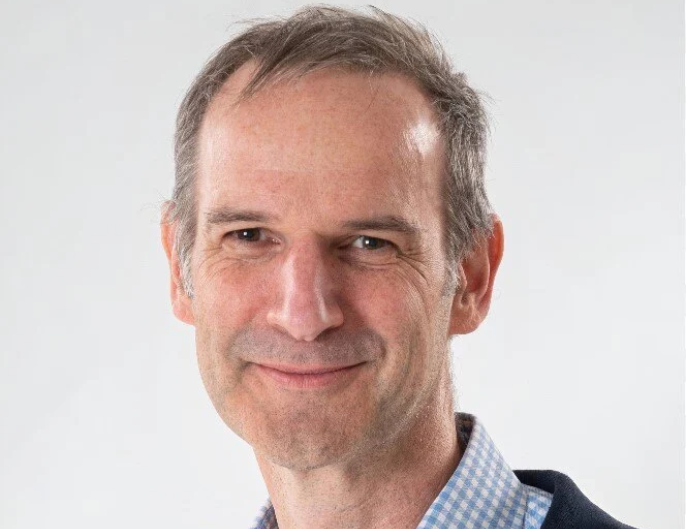Article: 5 questions with Peter King, Global Energy Transition and Utilities Lead, Capgemini

In your role at Capgemini, what are the big questions that keep you up at night right now?
I see the pace of change as the biggest unanswered question. Can we achieve Net Zero in 2050, and if not by when? How fast can we deploy low-carbon technologies? What pace is acceptable to people? How do we maintain control over the system as it changes rapidly? How fast can we digitise? Unless we can manage the pace of change, the unintended consequences will be significant; moving too fast will cost too much and eventually delay our transition to cleaner power, digitising too fast could result in a system that we cannot control, but moving too slowly will make the planet uninhabitable.
What are the most exciting opportunities for the energy sector that could emerge before 2030?
Energy market reforms aren’t perhaps headline-grabbing, but changes to the way that we operate our markets is one of the greatest change enablers that we have. Changes are needed across the whole market, from wholesale to retail and into people’s homes. Recognising that almost all of the world’s energy operates under some kind of incentive and taxation regime gives us the possibility of realigning market incentives to the objectives that we want. We underestimate the power of markets in delivering the changes we need.
With a NEM market review underway, what do you see as the most pressing areas to change?
As I said, recognising that almost all of the world’s energy operates under some incentive and taxation regime gives us the possibility of realigning market incentives with the objectives we want – in this case, the integration of renewables into the grid.
By realigning these incentives, we can drive the integration of renewables more effectively and ensure that the transition is both economically viable and environmentally sustainable. However, there are a few areas that require urgent solutions. The first is addressing digitisation challenges in complex areas, such as the connection process. Detecting grid constraints and the commercial evaluation of DERs is another. However, with the right incentives, I believe markets can deliver these necessary changes.
What innovations do you believe will have the most impact on the energy transition?
AI will represent the same scale of change as moving from paper to digital has over the past 40 years but will achieve it in less than a quarter of the time. AI models have already reached university degree-level intelligence. Agentic AI will sweep reform through administrative, planning and design processes. Complex network optimisation will be performed in real-time by AI-enabled devices. The way we do our jobs has already changed and will only accelerate. The threat is that we do not master this technology, and it moves beyond what we can control, so we all need to increase our expertise rapidly.
What’s the one thing in the energy sector that no one is talking about, but should be?
Methane. It’s a highly potent greenhouse gas that is routinely vented into the atmosphere. It’s also low hanging fruit for slowing climate change. The Norwegian shelf already bans venting and flaring, if every country followed then the impact would be significant. This will require changes to the way that assets are operated and investment, but with planning a valuable asset will no longer be wasted.
